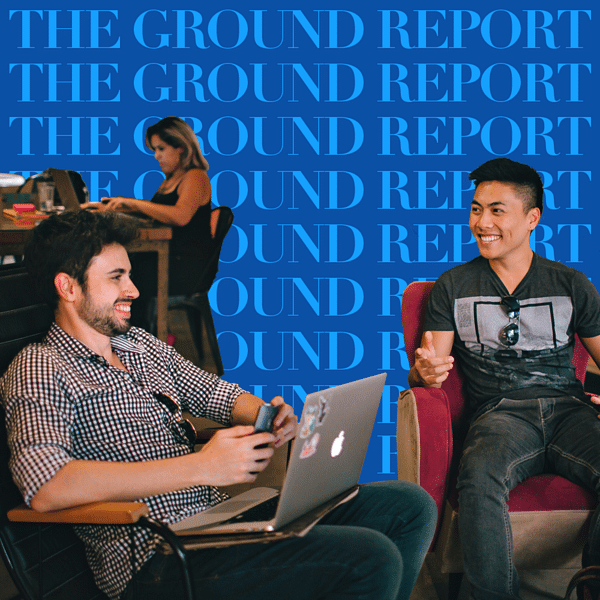The memory of how we work, for the past few years, has been askew from what was always considered normal. The past few years of working from home (however unwillingly we may have at the time) gave us all a new-found sense of autonomy over our own time. Errands became automated, commute time became, well, me-time. I say new-found, although it is true only for some of us. Gen Z, who are the relatively newer addition to the workforce, coming in either during or after the pandemic pretty much started off with that reality as their base line. Like a fresh, unmoulded batch of clay, that took shape in the era of working from home. It is worth noting that this was also the time the world shifted its view radically from hustle-porn to an increased awareness of employee mental health. We went from celebrating startup-and-tech-bro culture to idolising working for companies like Airbnb with a “work from anywhere and take unlimited leaves” policy.
As we go back to work, and quickly forget the days when ‘Hybrid Is The New Normal’ were headlines in newspapers, the workforce finds it increasingly challenging to define how much flexibility they need from their workplace, what they are willing to negotiate on and what are absolute dealbreakers, where they step back and say 'well, nope'.
Adding to this, the fact that millennials have been notoriously terrible at setting boundaries at workplaces doesn’t help the younger batch’s case either. In stark comparison to that, the Gen Z are perceived as an outspoken generation that makes their boundaries known (as the many hilarious reels of them navigating corporate-speak and writing creative OOO emails tell us). So, we decided to speak to a bunch of cool, young kids to see what flexibility in a workplace means to them, and what they seek when they join a company, and how they navigate around the expectations of their employers.

